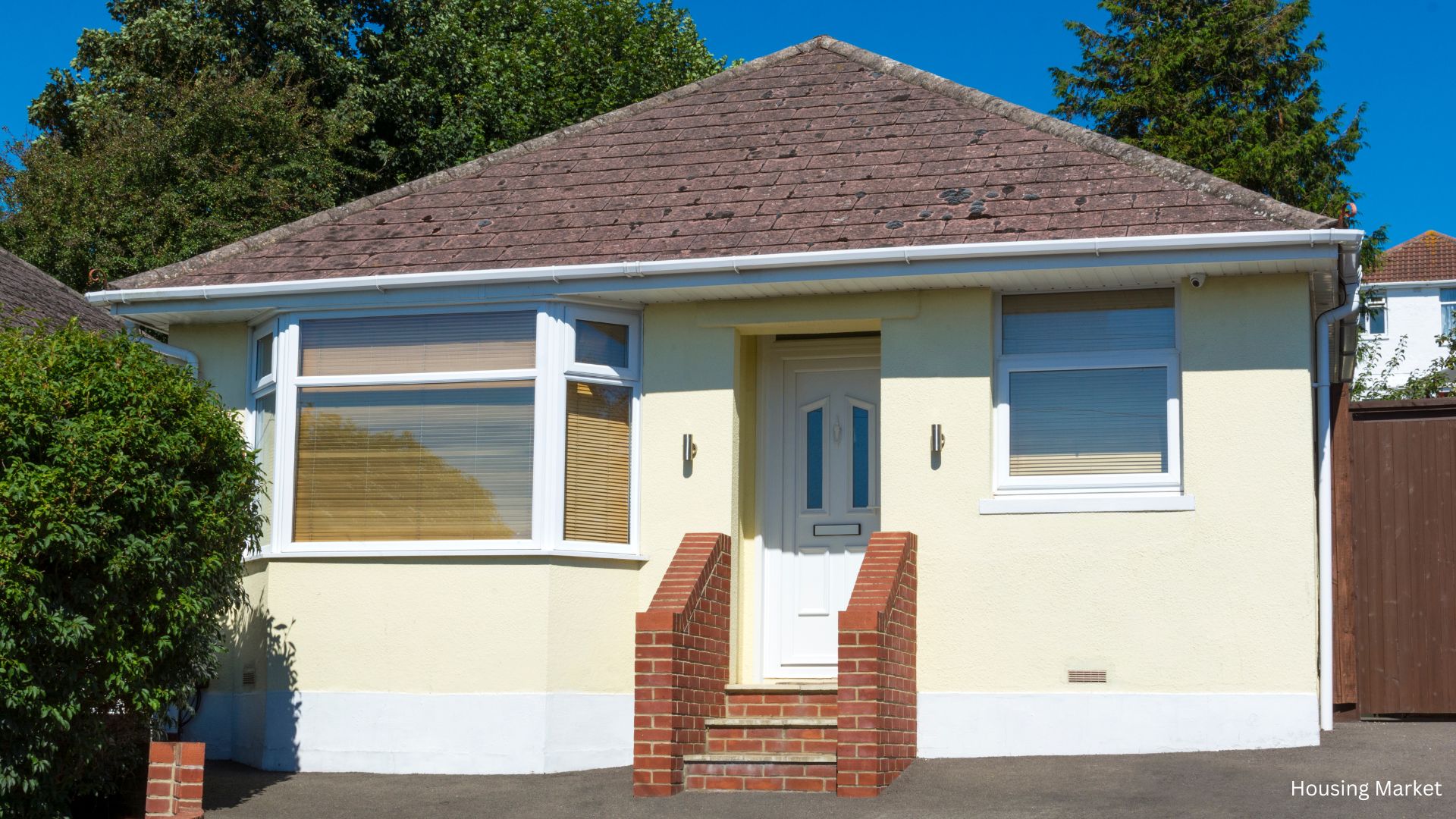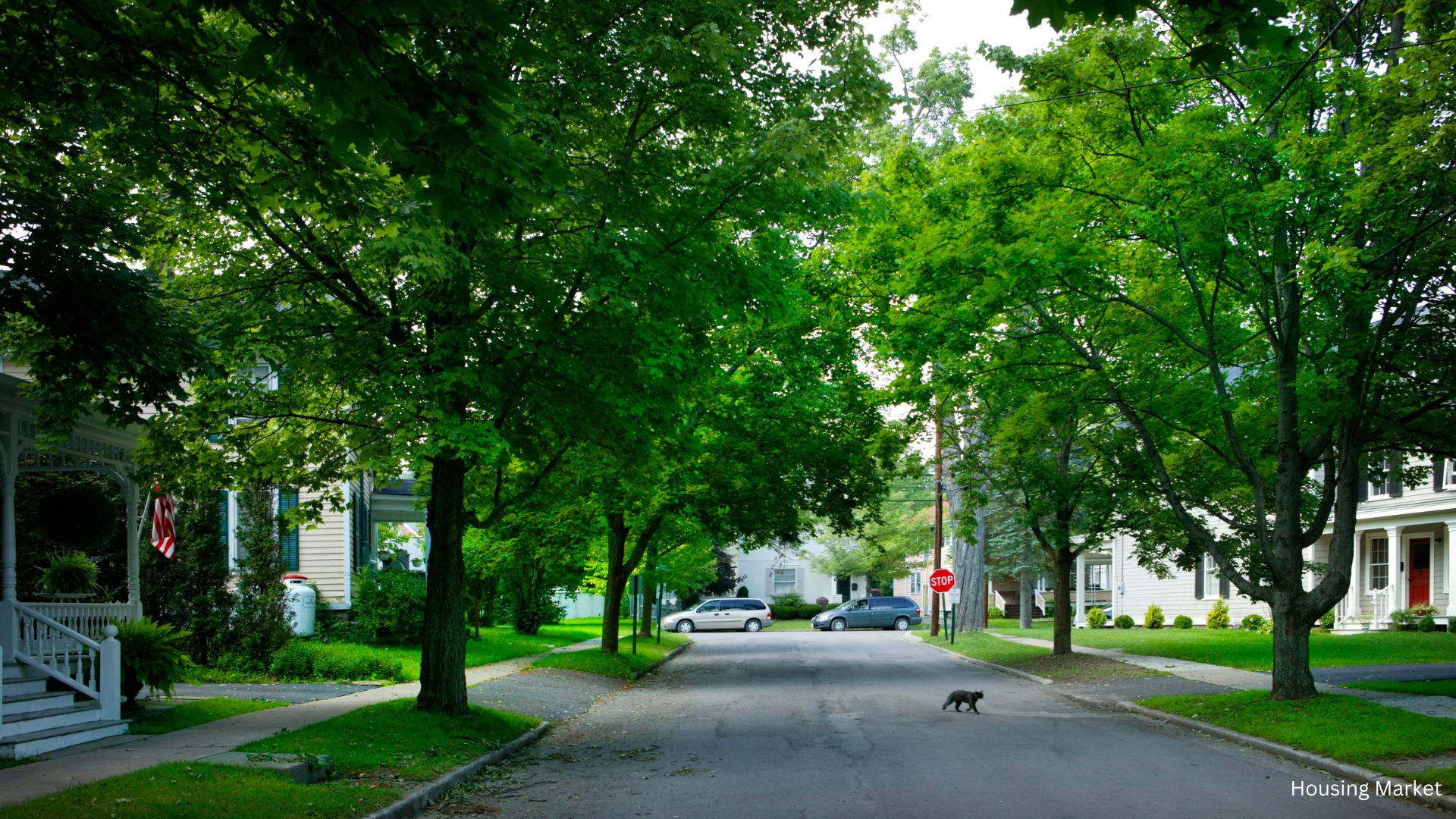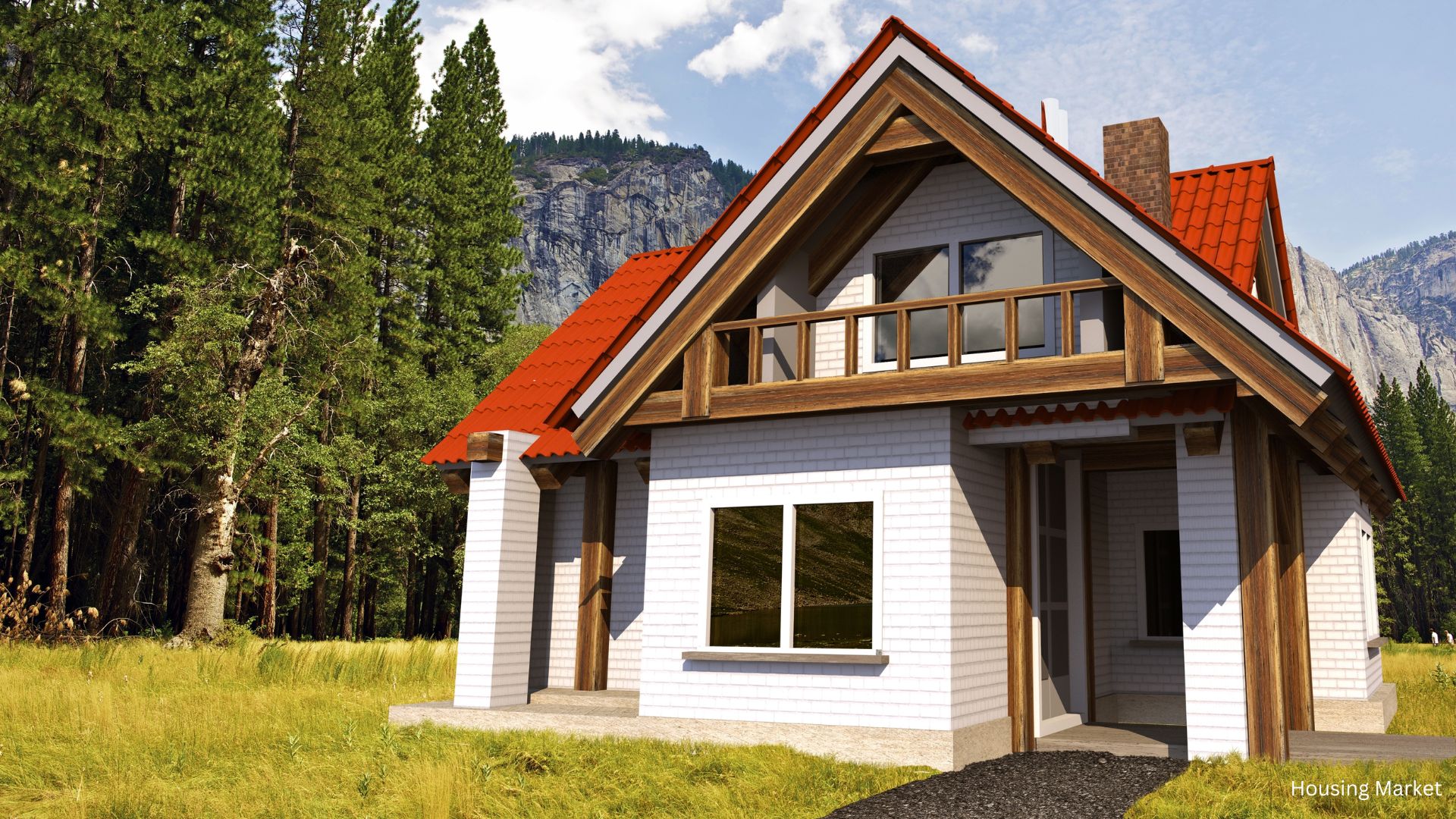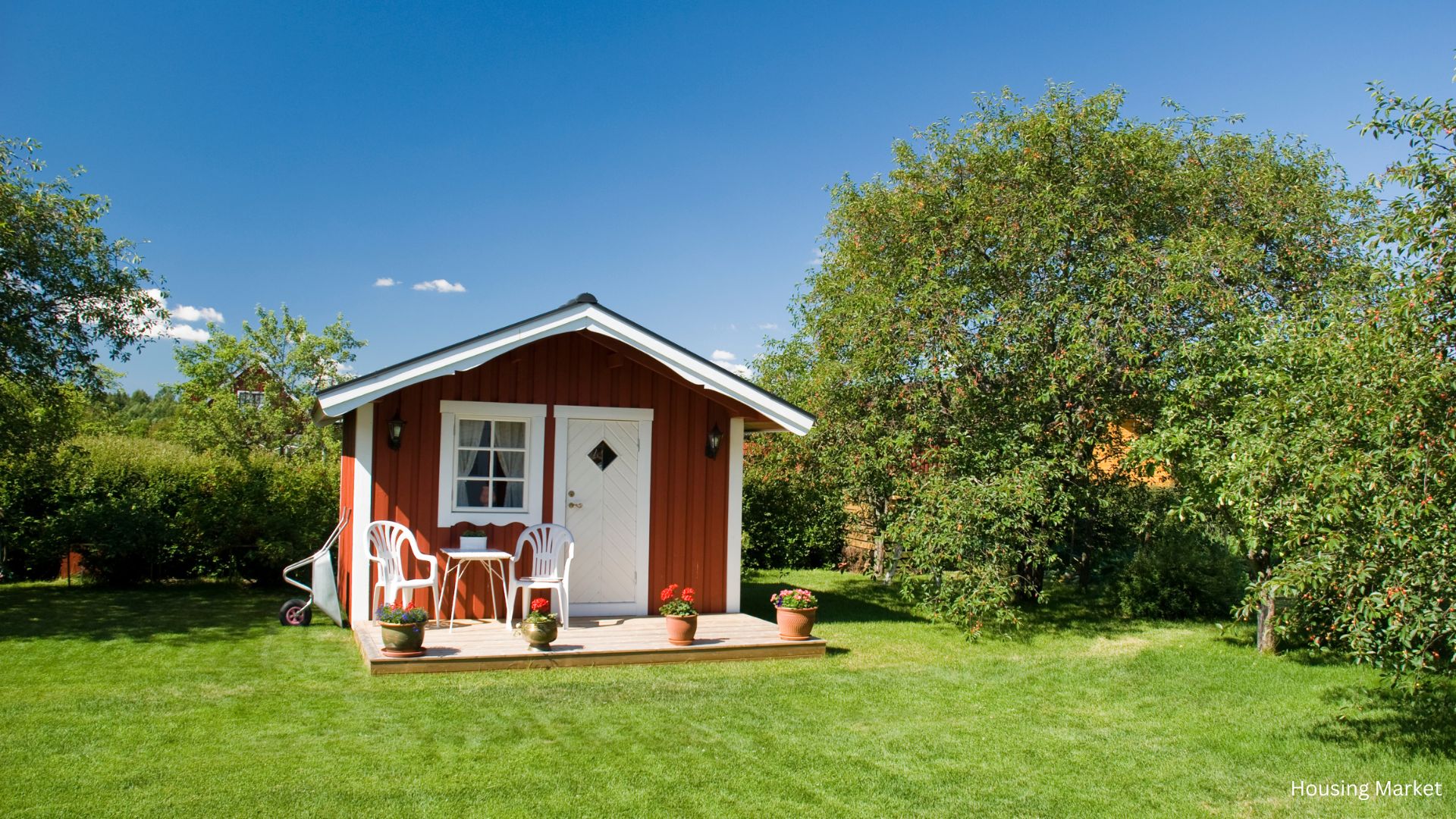As affordable housing remains a pressing issue for millions of Americans, presidential candidates on housing affordability have made this topic a focal point of their 2024 campaigns. Both Kamala Harris, the Democratic nominee, and Donald Trump, the Republican candidate, have proposed plans to address the housing crisis. However, their strategies diverge greatly in scope and execution, leaving many experts questioning the effectiveness of both proposals.

The Housing Affordability Crisis
According to USA Today, the housing market in the U.S. has been under strain for years, with soaring home prices and rental costs pushing many Americans to the brink. New home construction has stagnated, while wages have not kept pace with rising costs. Addressing this issue is a priority for voters, making it a key topic for presidential candidates on housing affordability in the 2024 election.
Presidential Candidates on Housing Affordability
Kamala Harris‘ Housing Proposal
Harris’ plan aims to alleviate the housing shortage by building 3 million new affordable housing units over four years. She also advocates for down payment assistance of $25,000 for first-time homebuyers who have consistently paid their rent on time. According to Harris, this initiative will help millions of Americans overcome the barrier of affording a home.
However, many experts, such as Yonah Freemark from the Urban Institute, have labeled this plan as “ambitious but probably unachievable.” The main critique centers on the logistical and financial hurdles of constructing that many units within such a short timeframe. Additionally, some argue that offering down payment assistance might artificially drive up housing prices by increasing demand without addressing the underlying supply issues.

Trump‘s Approach to Affordable Housing
Donald Trump’s plan to tackle the housing crisis takes a different approach. One of his key proposals is to “free up federal land” for housing development. This idea targets areas where federal land, such as former military bases or Bureau of Land Management properties, could be repurposed to alleviate housing pressures. According to experts like David Dworkin, president of the National Housing Conference, this could help in certain regions but would be limited in scope.
Additionally, Trump aims to stop large investment firms from purchasing and renting out single-family homes, a strategy that has led to inflated housing costs in some areas. However, Trump’s stance on immigration, another aspect of his housing proposal, has drawn criticism. His plan to restrict immigration to lower housing costs is seen by many experts as counterproductive since the construction industry heavily relies on immigrant labor.

Streamlining Construction and Permitting
Both candidates have acknowledged the importance of increasing housing supply, though they differ in how they plan to achieve this. Harris’ plan includes incentives for developers to build affordable housing and streamline the permitting process, particularly in areas where local regulations slow down construction. Trump’s plan, meanwhile, leans more heavily on freeing up federal land and minimizing the role of large investment firms in the housing market.
Experts like Cliff Rossi, professor at the University of Maryland, argue that while both proposals address critical issues, they may not go far enough to solve the affordability crisis. “Harris’s plan is unrealistic, and I think that the Trump plan is really not serious,” Rossi said. These mixed reactions highlight the complexity of housing affordability and the challenges that presidential candidates on housing affordability face when proposing solutions.
The Future of Housing Affordability in the U.S.
As presidential candidates on housing affordability continue to make headlines, the debate over how best to solve the housing crisis rages on. While Harris focuses on expanding supply and providing financial assistance, Trump emphasizes freeing up federal land and curbing corporate ownership of single-family homes. Both plans have their strengths and weaknesses, but experts agree that no single solution will fix the deeply rooted issues within the U.S. housing market.
As the 2024 election approaches, housing affordability remains a key issue for voters, and the spotlight will stay on how these proposals could reshape the American housing landscape for generations to come.









